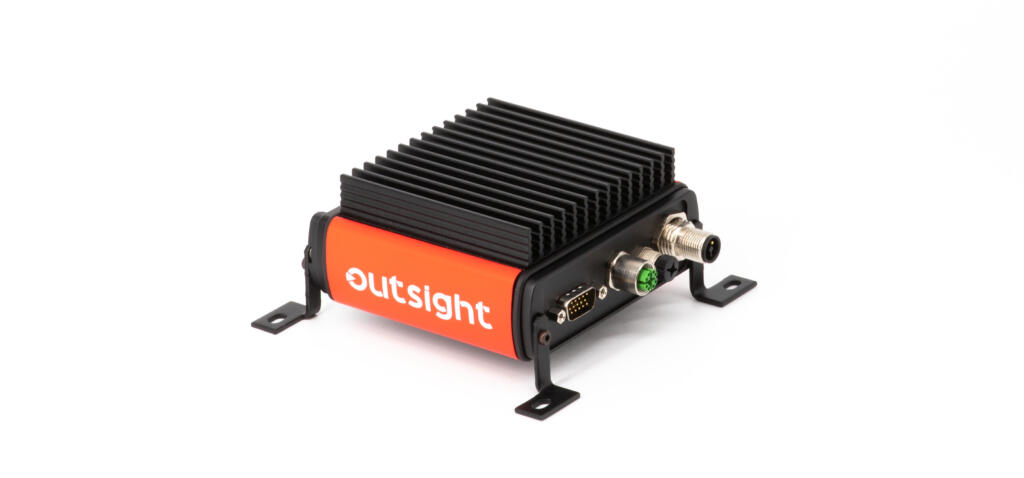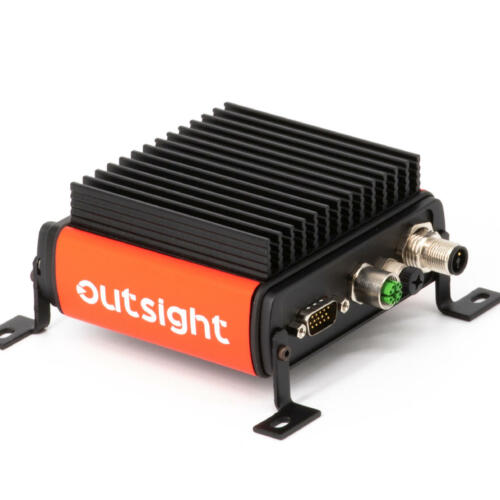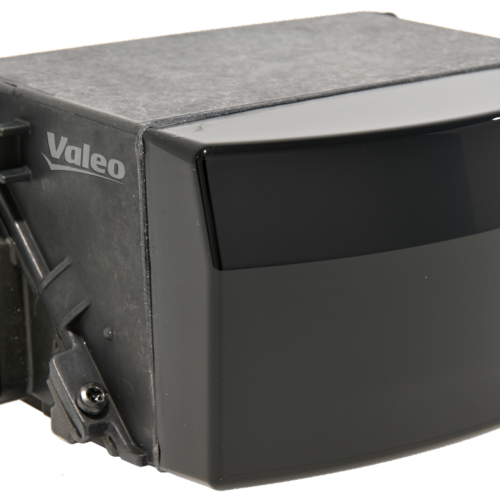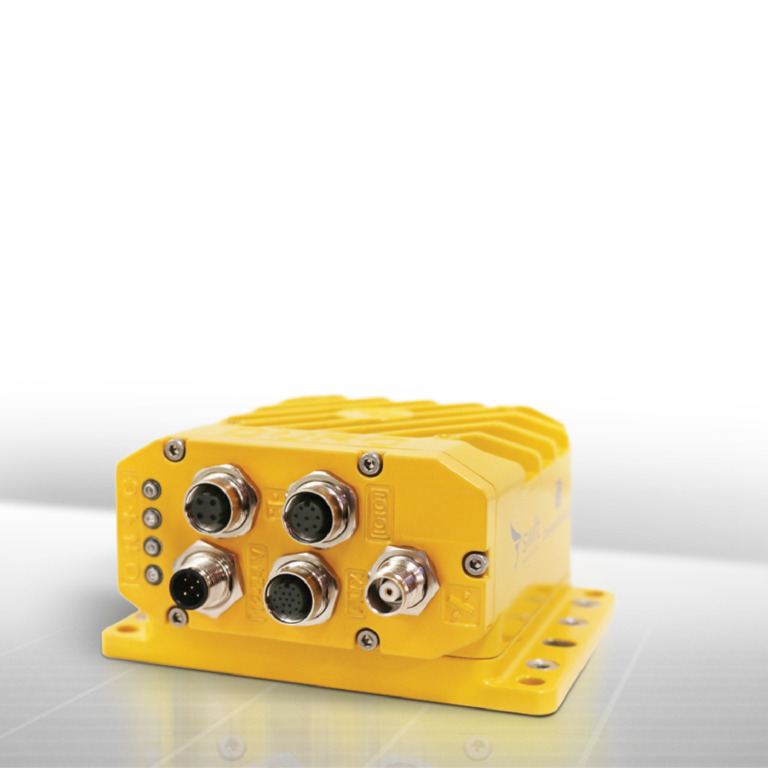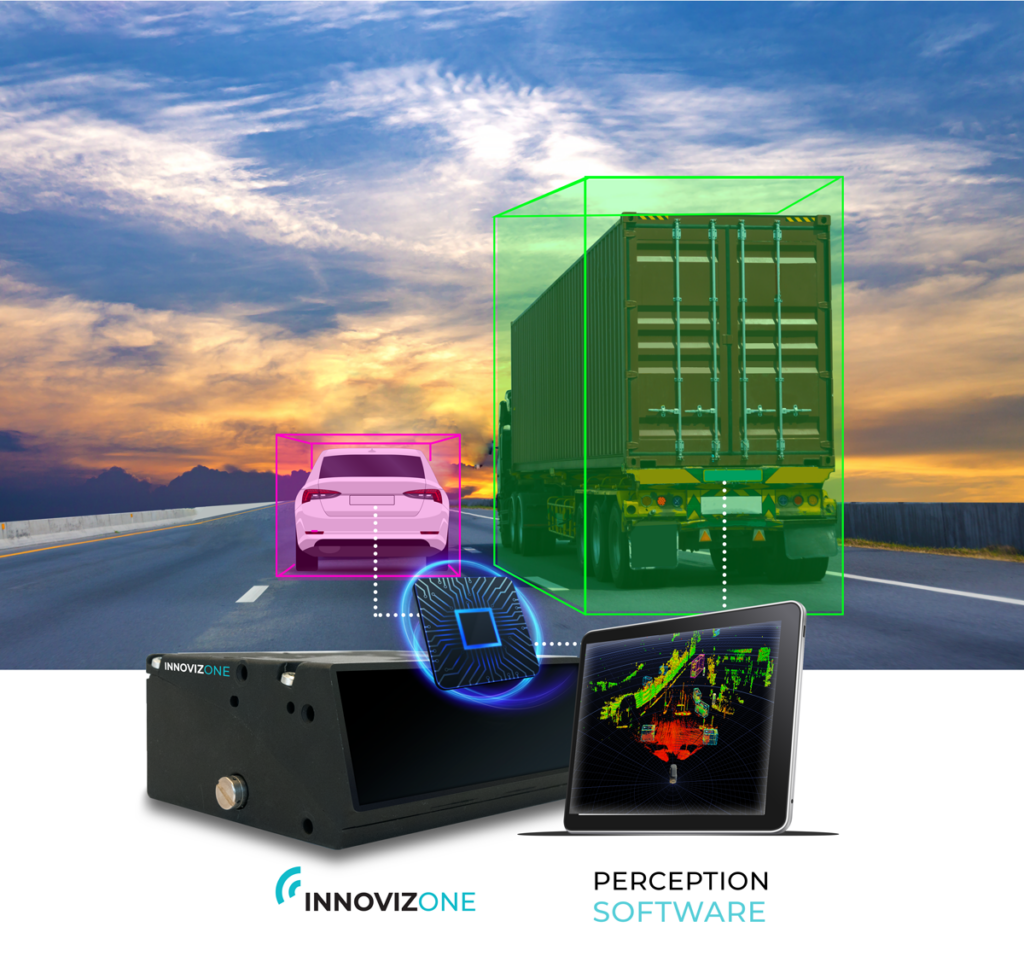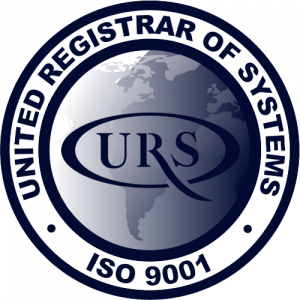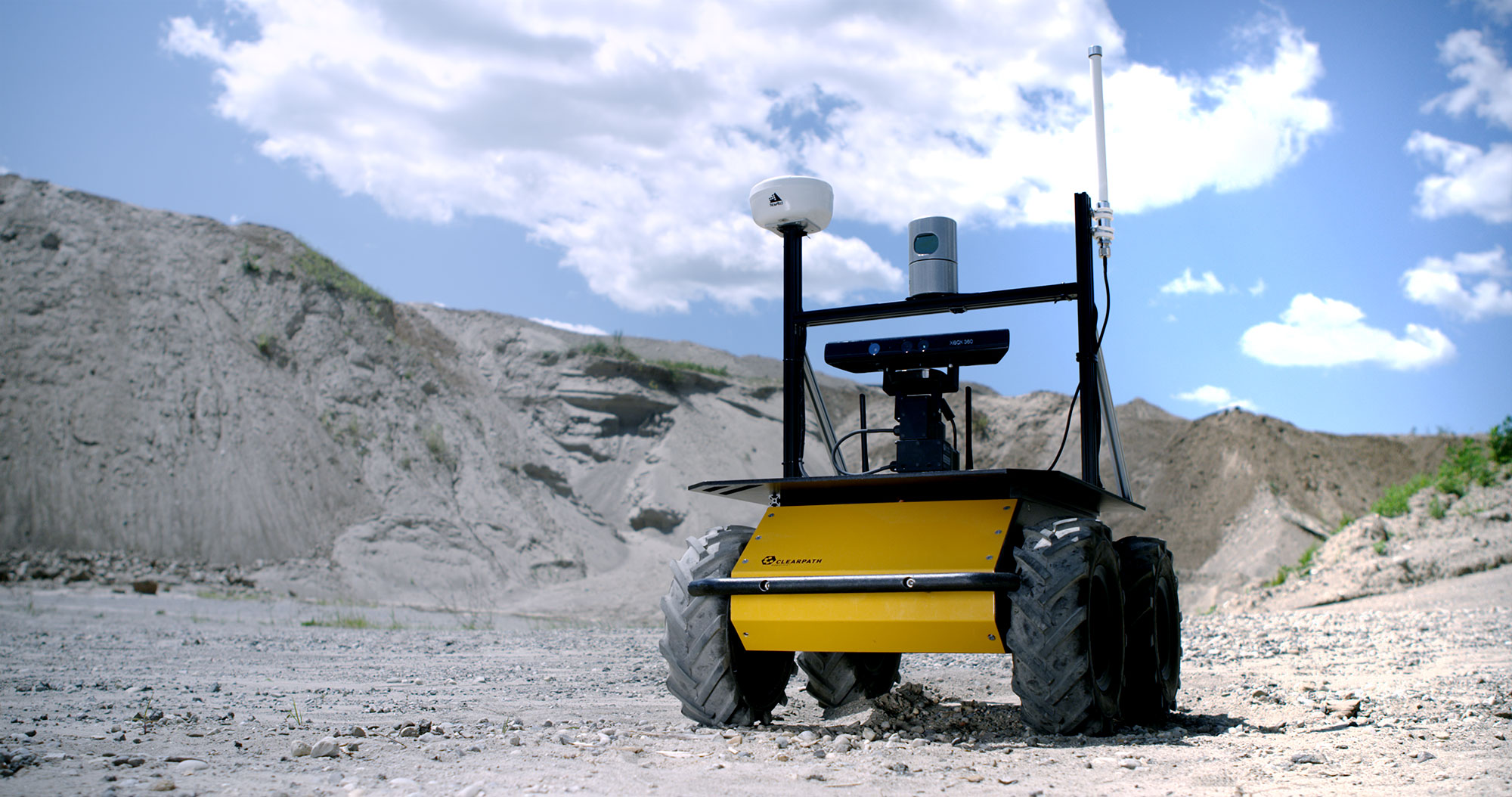
Enabling autonomy
Whatever your application, robotics or autonomy systems, we’re here to support your journey with expert guidance, training and practical advice. From LiDAR, radar, camera, and ultrasonic sensors to drive-by-wire and tactical grade satellite positioning systems, our product portfolio includes cutting-edge solutions from world-leading manufacturers.
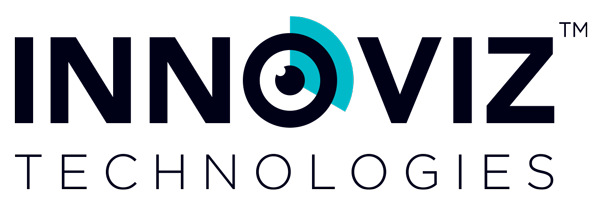



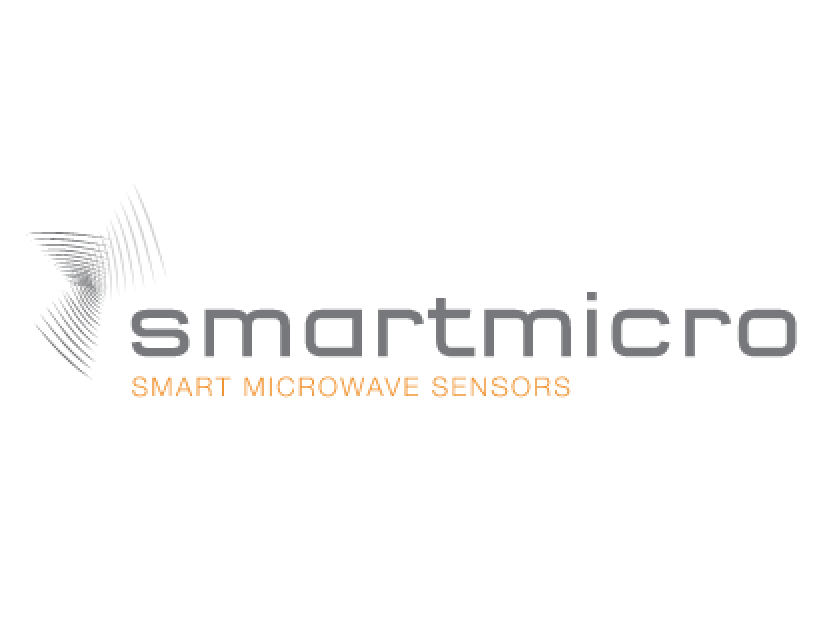
Customer Feedback
“Customer service was excellent, quotes came through quickly and was simple to procure.”
Jennifer Smith, Thales UK Ltd.
“Level Five Supplies handled all of my questions extremely well and they had a vast amount of knowledge on all of the products.”
Daniel Mitchell, University of Glasgow.

